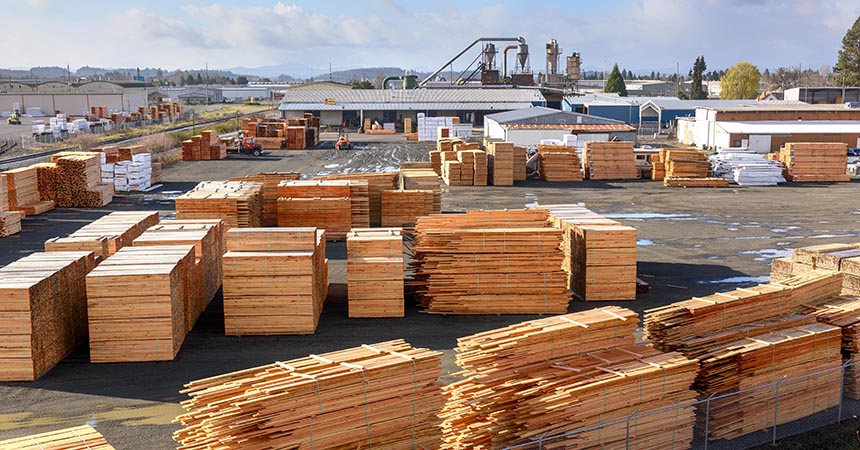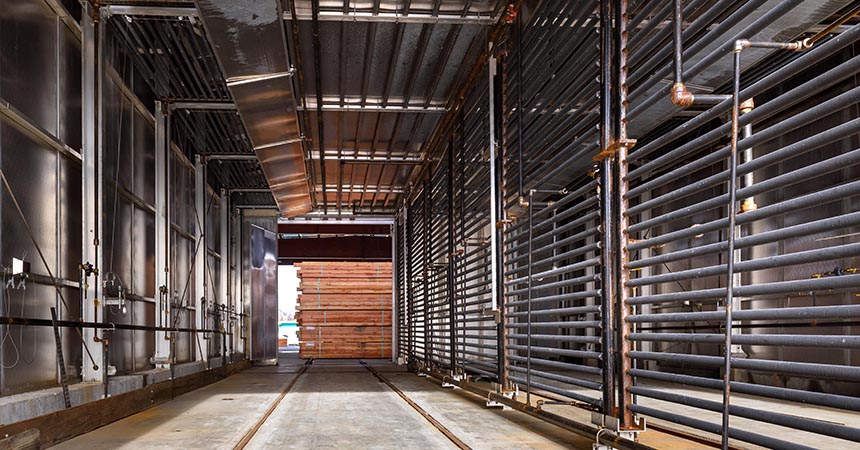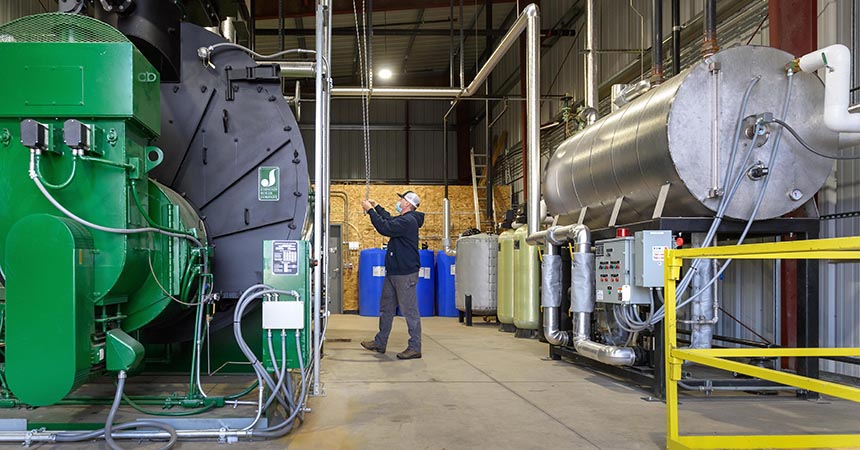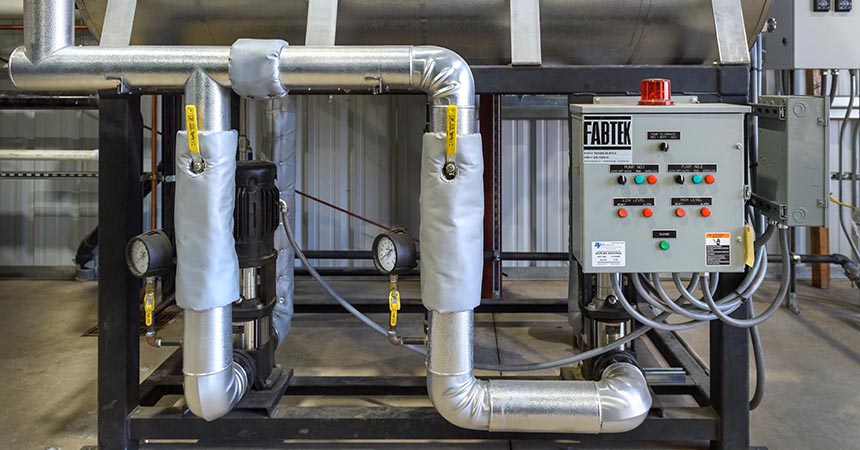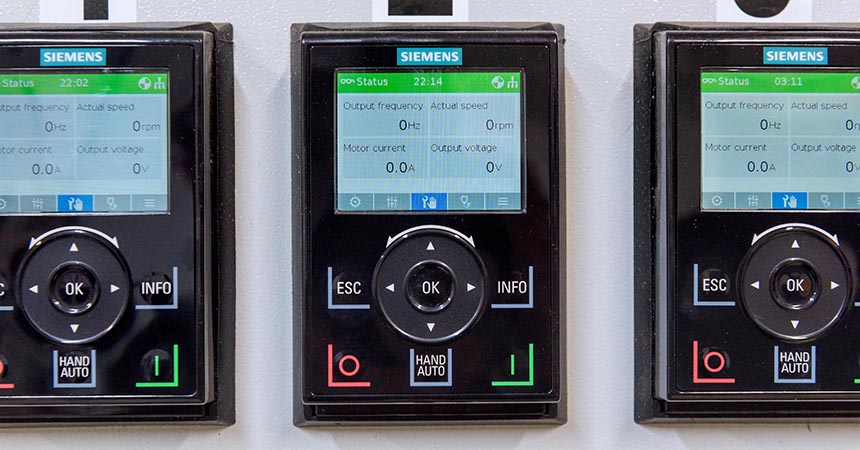As part of a strategic business expansion, Valley Milling & Lumber purchased a dry kiln to add to its in-house production capacity. Along with the dry kiln came an investment in a new energy-efficient boiler and piping insulation, both of which supported the company’s growth and delivered promising energy savings. Cash incentives from Energy Trust of Oregon helped to offset nearly 70% of the cost of the boiler upgrade.
Based in Eugene, Valley Milling aspired to build upon its core milling work and add new revenue opportunities for other parts of the mill. Their 30 employees produce wood stakes for multiple industries, manufacture building materials, and process large, exposed timbers for ceilings, lodges and bridge work.
“We want to be a one-stop shop for our customers,” said Eric Youel, plant manager, Valley Milling.
“With our expansion, we can trim, kiln dry and manufacture our customers’ raw materials all in one place, rather than ship it out to other vendors. The result is more convenience for them and increased business for us.”
Dry kilns require copious amounts of heat, which would increase the facility’s energy use and cost. An upgrade to a new natural gas boiler was in order to generate the increased energy in a more efficient and affordable manner. Piping insulation was added to the project to help keep costs low. “Insulation retains the heat we create,” said Kiln Supervisor Kevin Shadle. “Once we expend the natural gas to generate all that energy, we don’t want it to go to waste. Otherwise, we’d be throwing our money away,”
In addition to its projects with Energy Trust, Valley Milling worked with its local electric utility to save even more energy by adding variable frequency drives (VFDs) to the dry kiln fan motors. VFDs help control the speed of the motors, saving energy without affecting the drying process.
Energy Trust provided $61,200 in cash incentives towards the project cost of $87,400, covering 70% of the total expenditure. Annual natural gas savings are estimated to be more than 64,000 therms or $49,000 in yearly energy costs.
“The combination of technical help, energy savings and incentives not only helps with project funding, but it puts money back into the company and our employees,” said Youel. “Saving energy supports our growth and our goal to be a more environmentally-friendly operation.”
To learn how energy efficiency can improve your industrial facility, visit www.energytrust.org/programs/industry.

